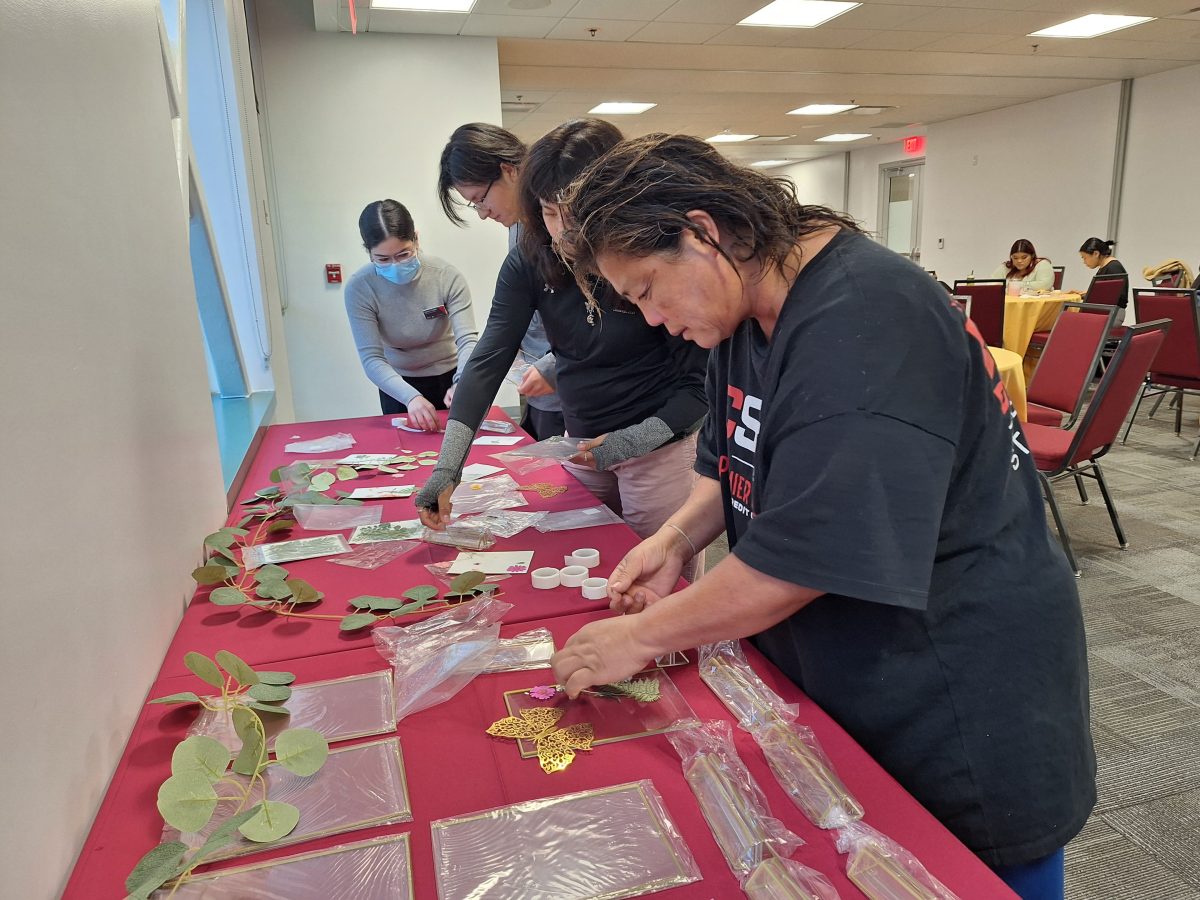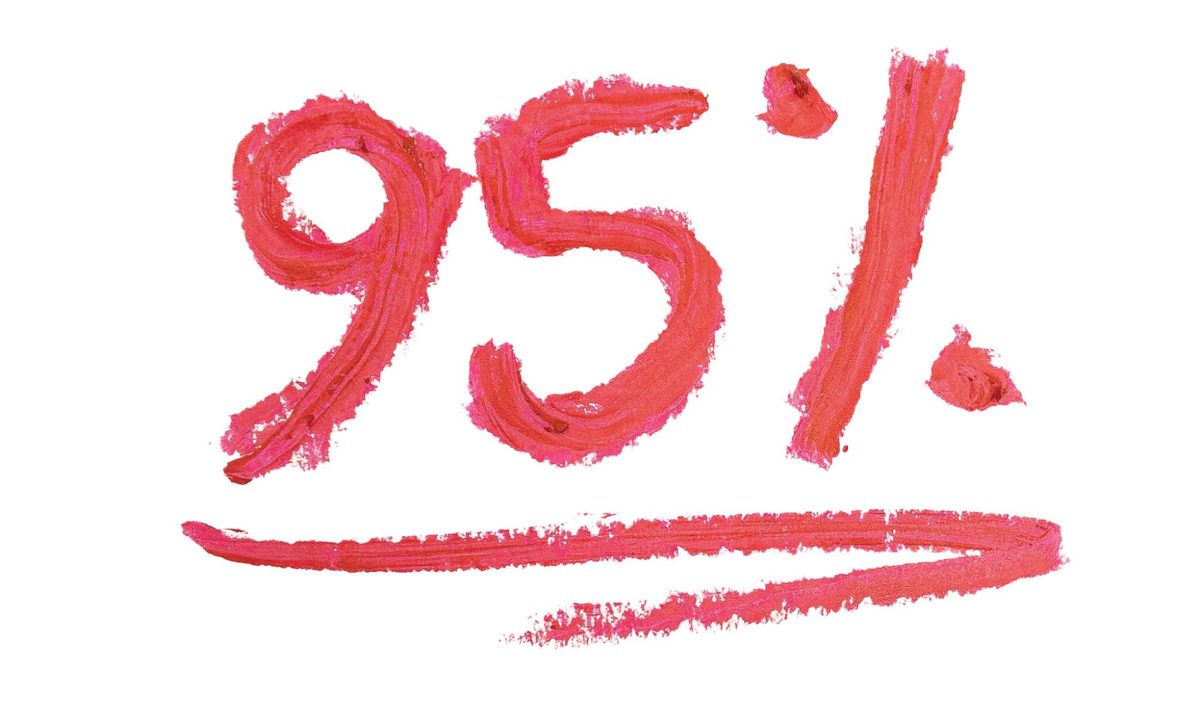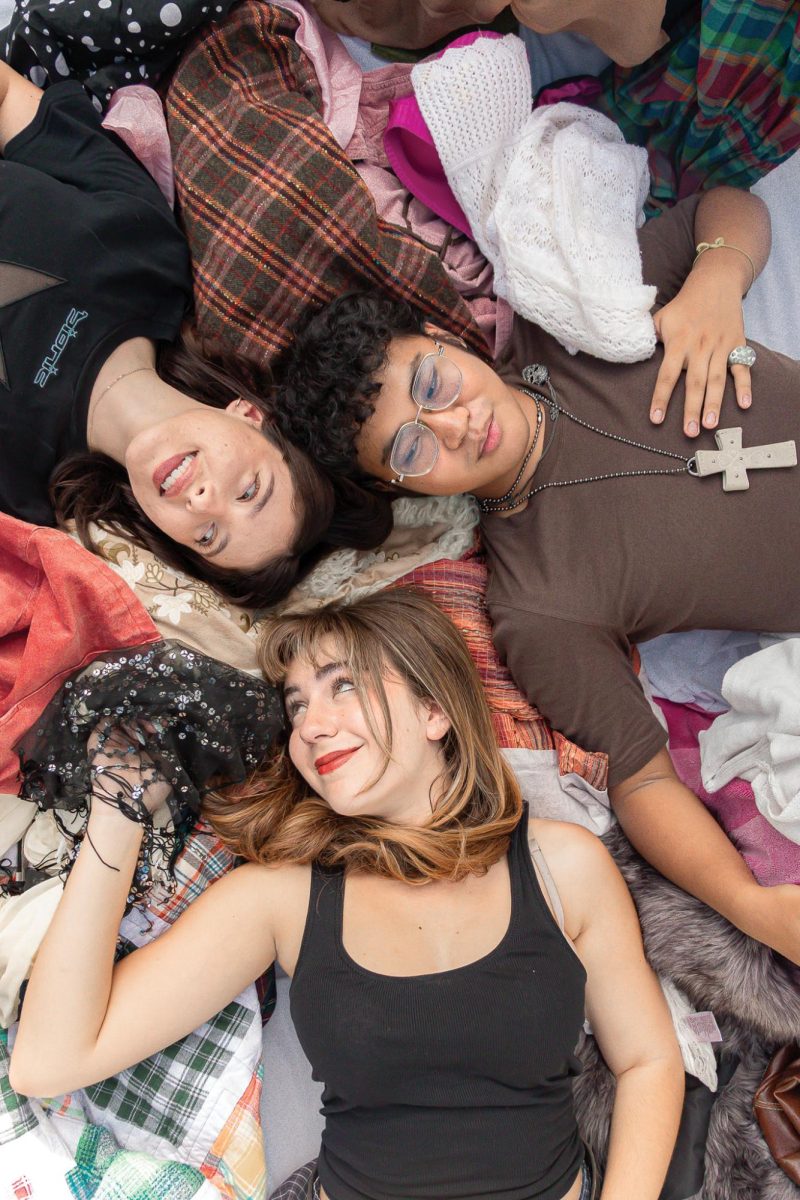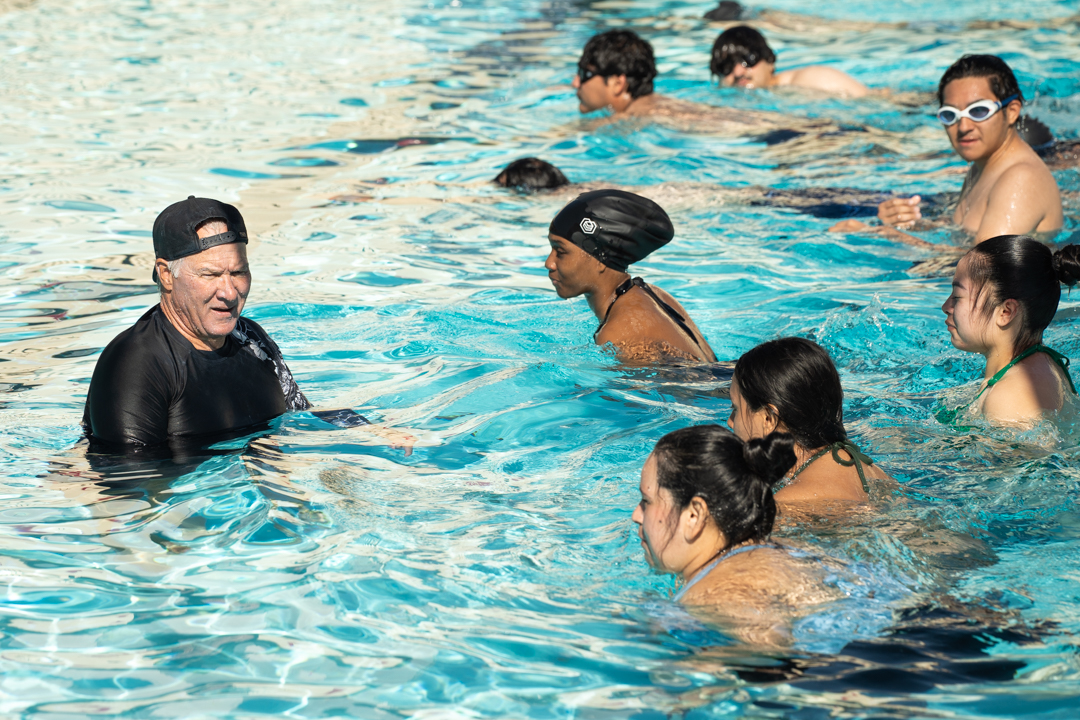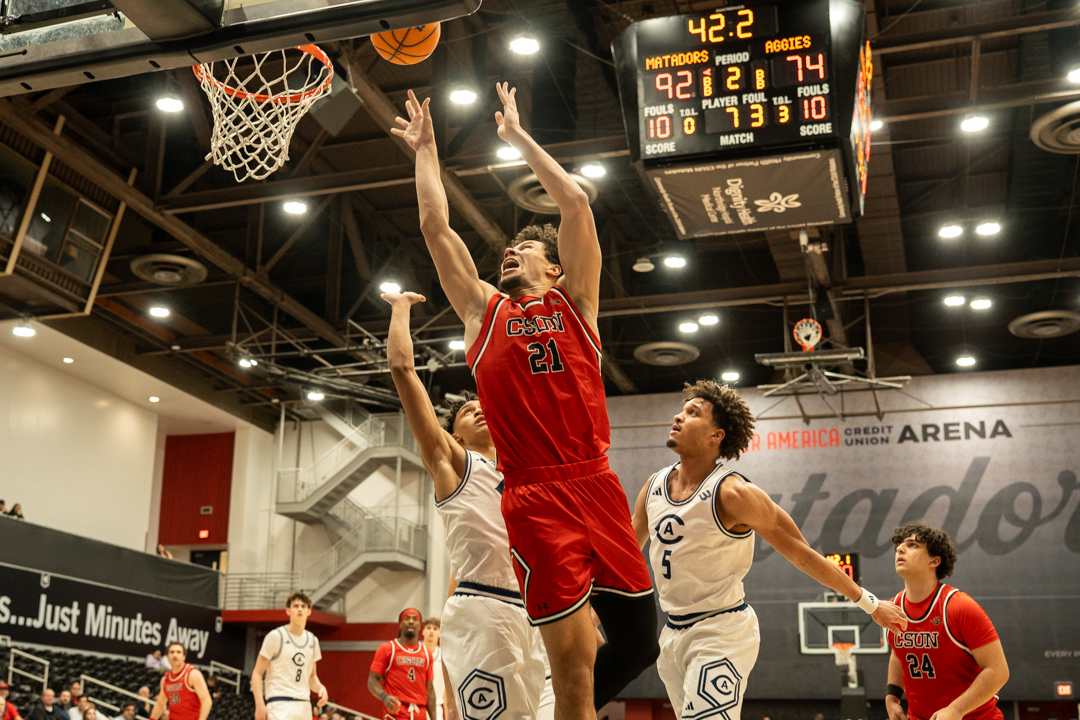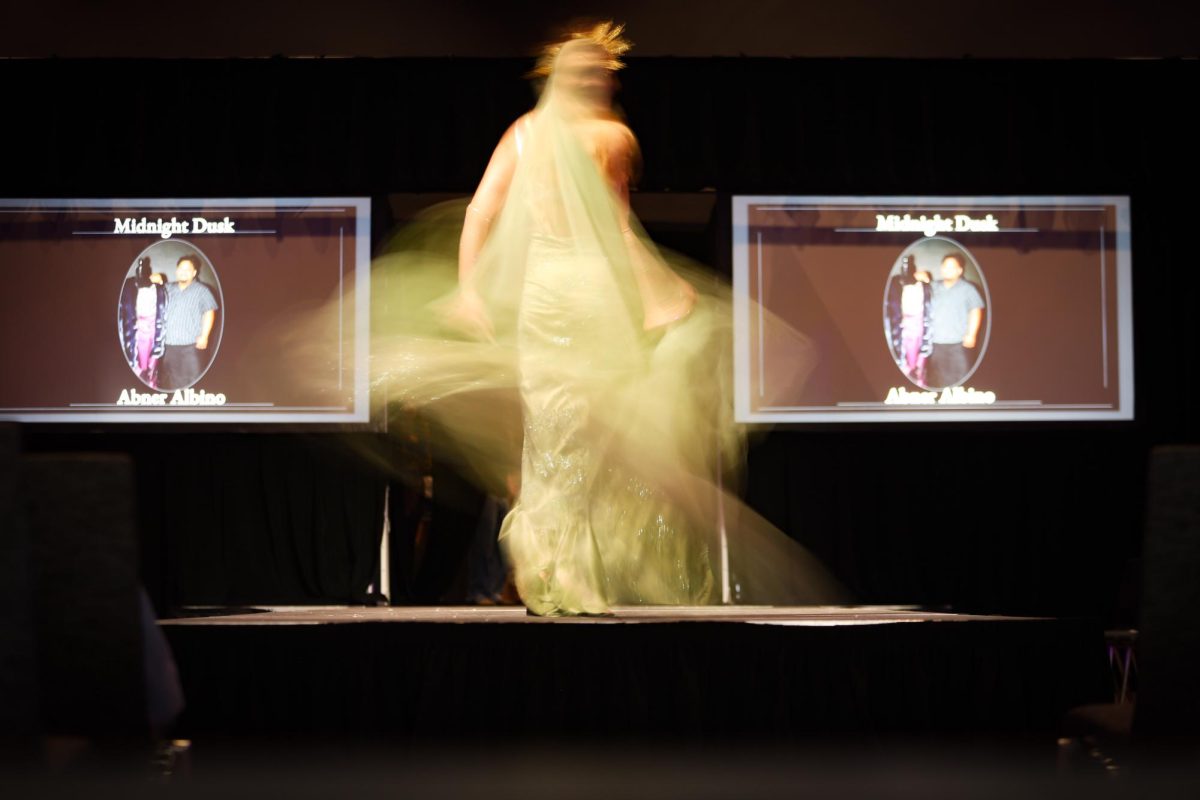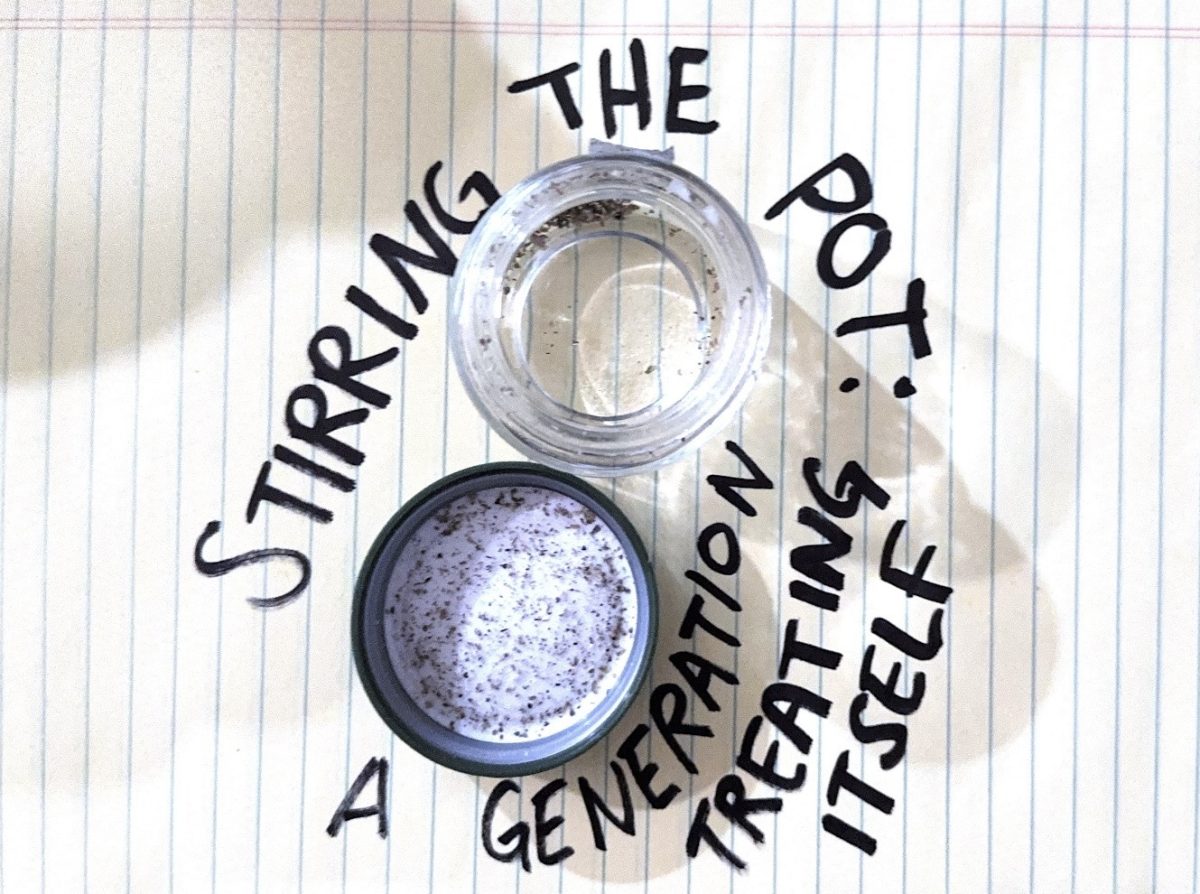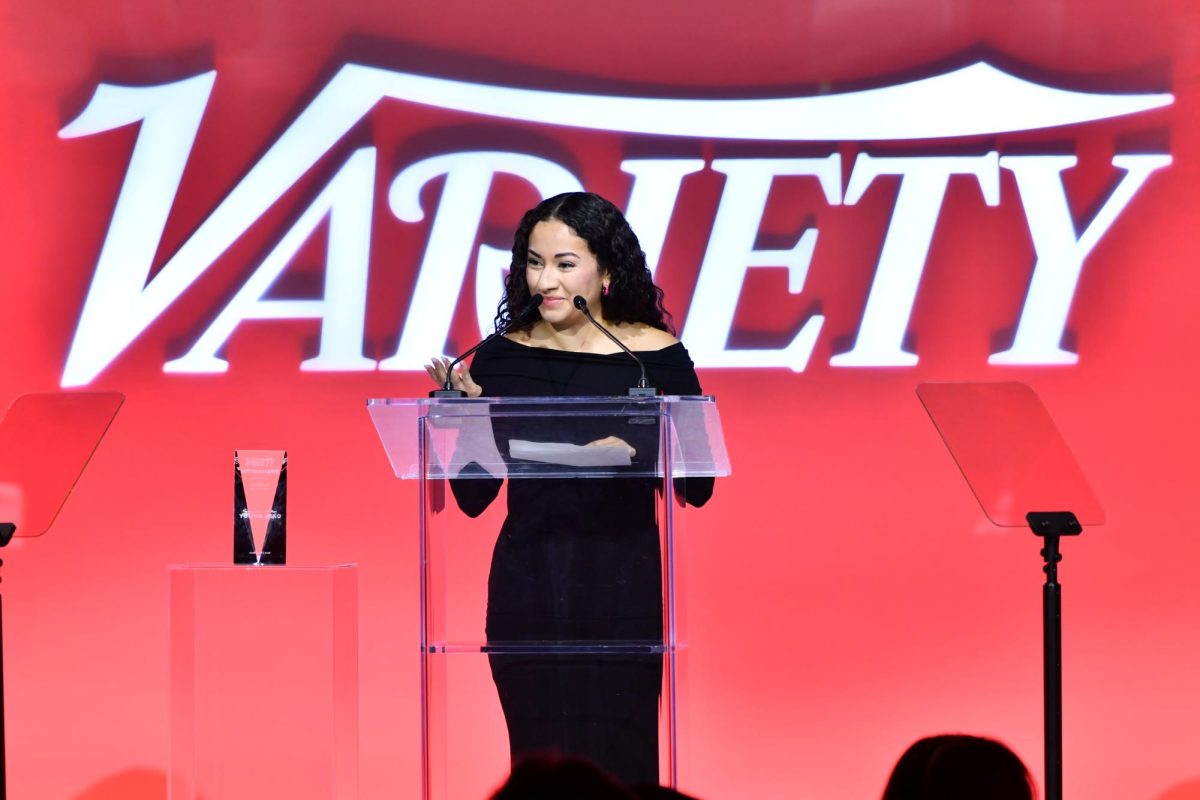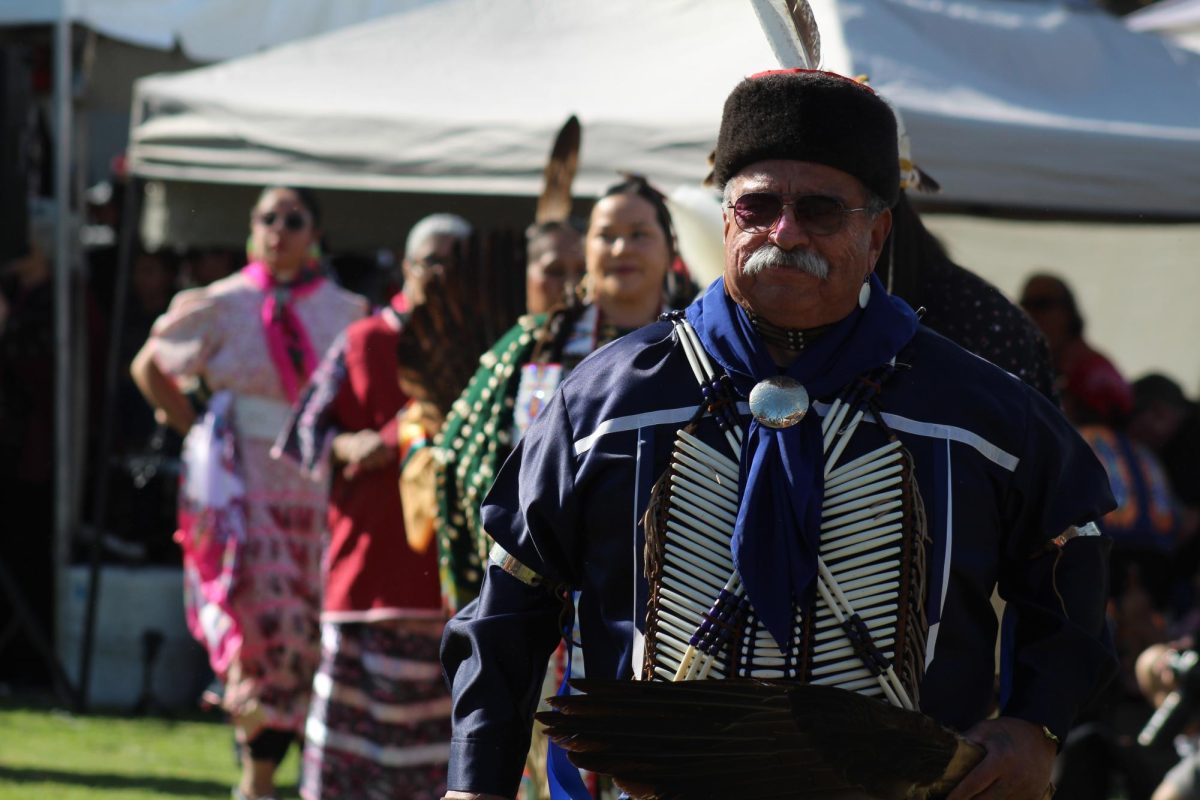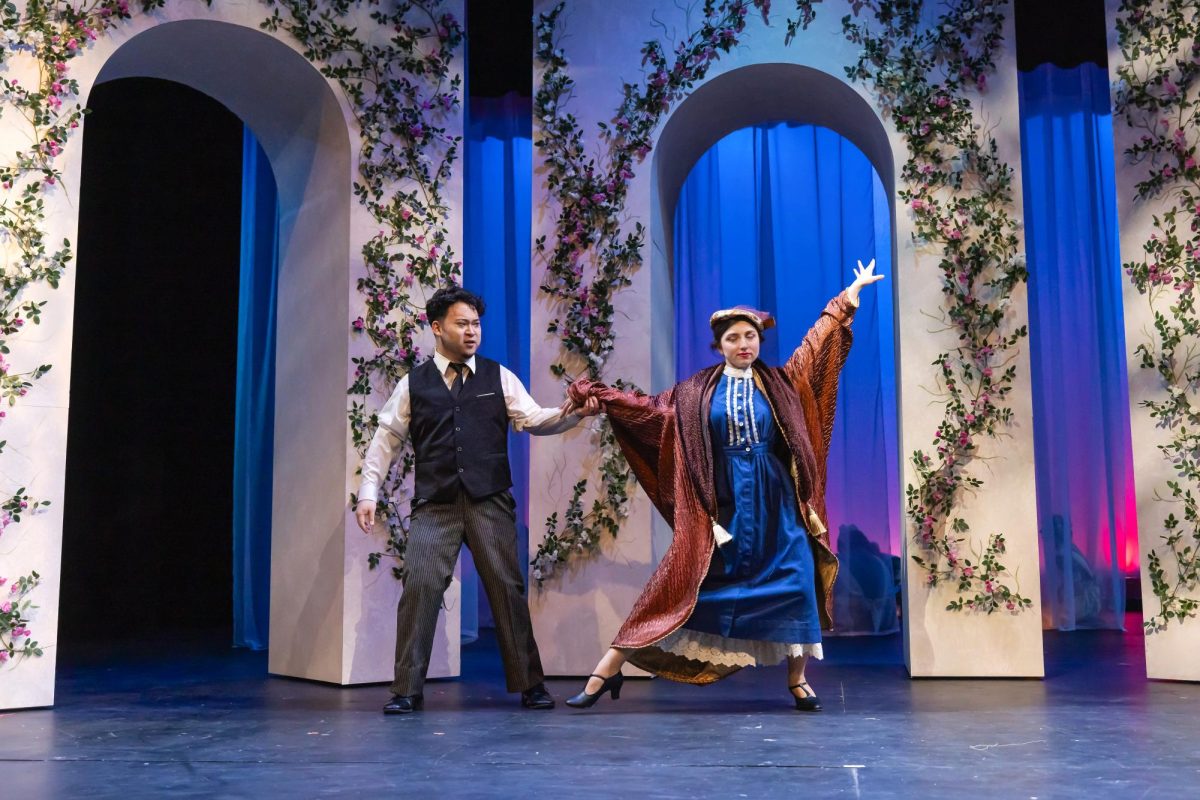With the 2024 Undocumented Student Week of Action coming to a close, the DREAM Center launched its final event, Undocu-Joy. The celebration was held from 2 p.m. to 6 p.m. on Oct. 17 at the East Conference Center in the University Student Union.
DREAM Center Manager Irvin Rendon welcomed students, sharing how the event was designed to celebrate undocumented students and those from mixed-status families.
“To say that they are welcome in the university, that they are seen,” Rendon said. “We just want a day to celebrate that and build community with students who may be in similar situations.”
The DREAM Center offers several services for students, including free legal consultations through a partnership with the Central American Resource Center of Los Angeles (CARECEN), a nonprofit organization based in L.A. They provide an attorney and a paralegal to meet with students, a legal assistance grant to cover for various legal fees and individual appointments where students can discuss financial aid, employment options, or scholarships with counselors or student assistants.
“I think everyone has a different range with their status, and we’re just trying to bring more visibility and awareness to status,” Rendon said. “Your status shouldn’t be something you’re ashamed about. People will slowly become more comfortable, and I think it helps to highlight the need for more services and resources for undocumented students.”
Alongside Rendon, Karen Castillo, the DREAM Center’s supervisor, served food and drinks to guests. She also gave a welcome speech explaining that the main focus of the event was photo frame decorating.
A photo booth was set up with a Polaroid camera, where each student received their printed photo along with a gold picture frame to decorate with dried flowers and other embellishments. This activity was meant to embrace their identities through a self-portrait as a memento.

“We hope to foster community, especially during such a critical time, during an election year,” Castillo said. “Through this event, we invite you to reflect on the strength of your undocumented identity and join us in celebrating all undocumented identities.”
Castillo added that this final event for the week of action was meant to empower students in their undocumented identity. She also included a karaoke session toward the end, encouraging students and staff to volunteer a song, either in pairs or individually.
Most of the attendees at the event were students already familiar with the DREAM Center. A senior criminology student, who asked to just be referred to as MG, saw posts on social media and decided to check out the event.
“Now that I am more able to explore the program and the community, I feel comfortable coming here,” MG said. “We have fun, we have food, we have games, we have time to do our homework in the DREAM center. I was able to meet new people.”
While MG is a U.S. citizen, most of their friends are undocumented students, so they feel it is important to support them and spread awareness of the challenges undocumented students face.
“Because some other students who are citizens or are not undocu, they don’t understand how much effort they have to go through to do all of this,” MG said. “Being in the university, it is difficult enough to be a student. But it is extra, extra difficult for other students who have limited resources.”
Wendel Yac, a film student accompanying MG, added how events like Undocu-Joy are important for creating a sense of community and making friends.
“Also, it helps to chill a little bit, if someone is stressed from class,” Yac said. “We have karaoke and games, you know, so it’s a great way to relax.”
The David Nazarian College of Business and Economics was also invited to the event through VITA Clinic Operations Supervisor Areli Araujo. To reach more students, the clinic has begun in person outreach. This year marks its first partnership with DREAM Center, offering undocumented students the opportunity to participate in a program and be awarded for their services. Through the California Dream Act Service Incentive Grant, students can join a program in the spring semester as Spanish interpreters to “facilitate the translation between our taxpayers and our student volunteers,” said Araujo.
The 12-week program gives students the chance to improve their professional Spanish while also building up customer service skills and gaining work experience. The clinic’s goal is to help students build their resumes while receiving compensation, as many undocumented individuals face challenges in securing employment elsewhere.
